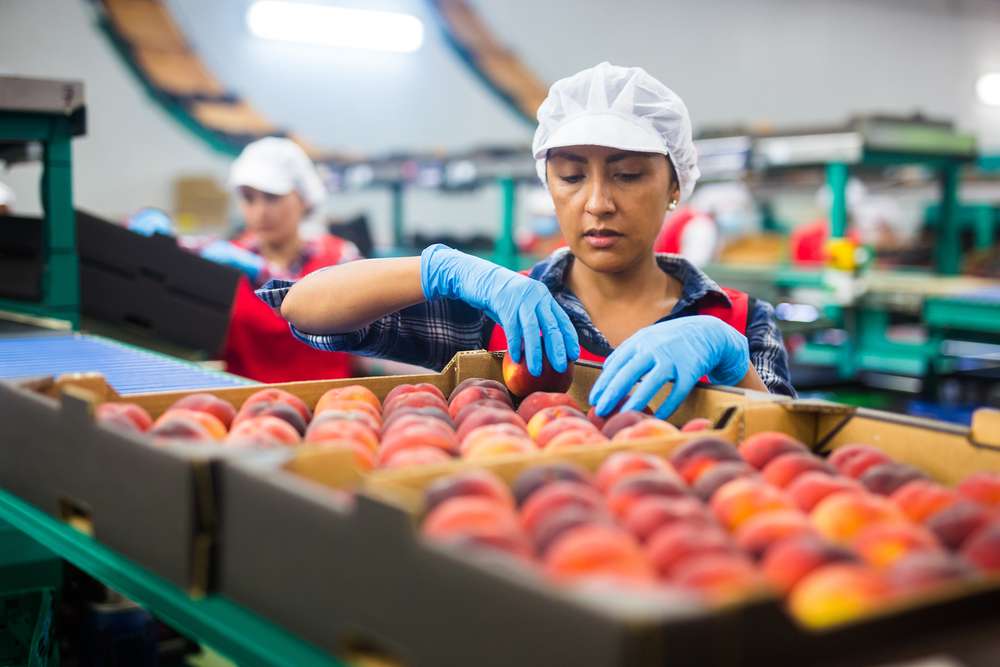Cosmetic packing jobs: roles, skills, and career insights
Cosmetic packing jobs involve preparing beauty products for distribution, including filling, labelling, and packaging finished items. This article explains typical duties, workplace settings, skills employers commonly seek, safety and quality considerations, and practical advice on finding legitimate opportunities in your area. The information is general and not a job listing or hiring notice.

What are cosmetic packing jobs?
Cosmetic packing roles focus on the final stages of product preparation: placing products into primary and secondary packaging, applying labels, sealing containers, and preparing batches for shipping. Positions range from entry-level packing operative roles to supervisory and quality-control functions. Work can be manual, semi-automated, or fully integrated with production lines depending on the facility size. Employers may include contract packers, standalone manufacturers, and cosmetics brands operating their own fulfilment centres.
Typical duties and workplace settings
Day-to-day tasks usually include inspecting product integrity, operating simple packaging machines, counting and batching units, and maintaining packaging materials inventory. Some roles require light assembly of boxes or sample kits, while others focus on machine oversight and troubleshooting. Facilities can be small artisan workshops, mid-size contract packing companies, or larger manufacturing plants. Shift patterns vary — day shifts are common, but rota systems including evenings or nights can be used to match production demand.
Skills, training, and qualifications employers look for
Employers typically value reliability, attention to detail, and manual dexterity. Basic numeracy and literacy are useful for batch records and label reading. Formal qualifications are not always required for entry-level packing jobs, though a diploma or vocational training in production or manufacturing can be advantageous for supervisory roles. Training on-site is common, covering machine operation, GMP (good manufacturing practices), and company-specific quality procedures. Language skills and experience with packing standards or barcode systems may be beneficial.
Working conditions, safety, and quality control
Packaging environments emphasize cleanliness and product protection. Many cosmetic lines require dust-free or controlled areas to protect product quality. Safety procedures include proper lifting technique training, use of personal protective equipment where necessary, and safe machine operation protocols. Quality control is integral: operators often perform visual checks, weigh or count samples, and document deviations. These practices help prevent contamination, mislabelling, and batch recalls. Always treat any job information as general guidance rather than an assurance of workplace conditions.
How to search for opportunities and verify employers in your area
To explore roles, check reputable job boards, official company career pages, and local staffing agencies that specialise in manufacturing or packing. When assessing openings, look for clear employer contact details, a written job description, and transparent terms of employment (hours, pay structure, and any temporary or agency arrangements). Verify employers by checking business registration details, reading independent reviews from multiple sources, and confirming that provided addresses or facilities are legitimate. Avoid offers that request large upfront fees or personal financial information.
On pay expectations and employment realities
Wages for cosmetic packing roles vary significantly by country, region, employer size, and required skill level. Entry-level hourly pay is often aligned with general manufacturing or warehouse rates in a given area, while supervisory or quality roles command higher pay. Benefits and overtime policies also differ. Rather than presenting specific figures as definitive, consider contacting local services, recruitment agencies, or government labour resources for up-to-date benchmarks in your locality. Treat any salary information you find as an estimate and confirm details directly with employers.
This article provides general overview and guidance about cosmetic packing work and does not constitute job listings, hiring guarantees, or personalised employment advice. Verify all opportunities through official employer channels and local employment services before making career decisions.
Conclusion
Cosmetic packing jobs can offer stable, hands-on work within the wider cosmetics supply chain, with roles suited to a range of skill levels. Understanding typical duties, necessary skills, workplace expectations, and steps to verify employers can help you evaluate opportunities responsibly. Use official sources and local services to obtain current employment conditions and workplace details.



